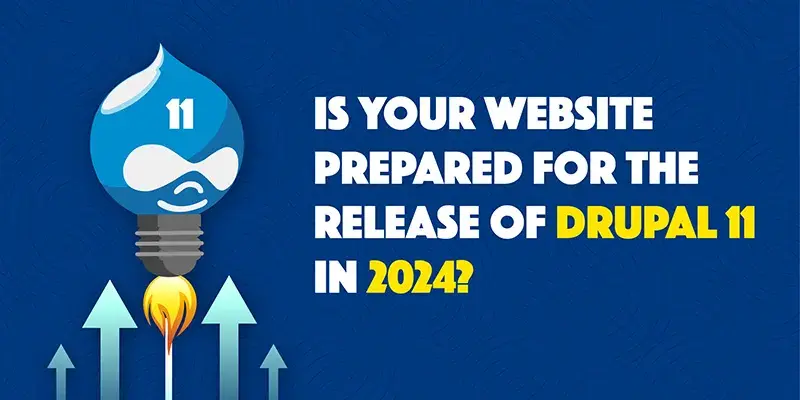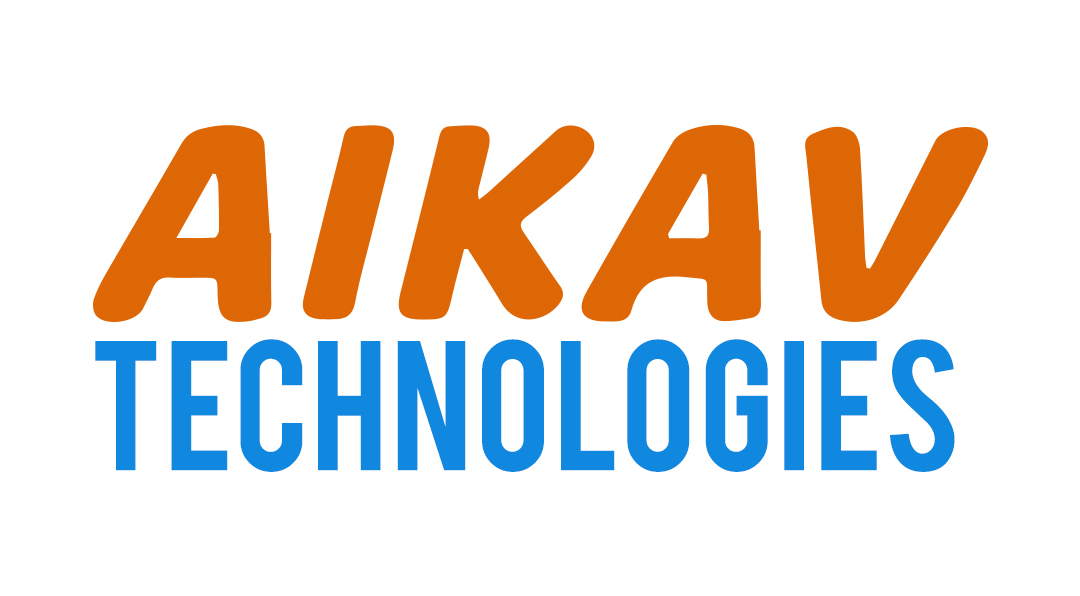
Greetings, dear colleagues and friends! It's fascinating to witness the enthusiasm within the Drupal community, even though Drupal 10's release is still a few months away on December 14, 2022. The anticipation for Drupal 11 is palpable, and discussions are already in full swing. People are engaging in lively debates, and the wealth of speculations and assumptions about the upcoming version is incredible.
The passion and involvement of the community are truly inspiring; everyone seems to be eagerly looking forward to what Drupal 11 will bring to the table. Such a vibrant and engaged community ensures that Drupal continues to evolve and remains a powerful platform for website development. Let's stay excited and supportive as we move towards the future of Drupal together!
However, I can give you some general information about Drupal and its typical release cycle. Drupal is a popular open-source content management system (CMS) that allows users to build and manage websites easily. The Drupal community follows a regular release cycle, with major versions released approximately every two to three years.
Each major release introduces significant improvements, new features, and backward-incompatible changes. Developers and site owners need to plan and prepare for these updates to ensure a smooth transition.
Drupal 11 is now available, I recommend visiting the official Drupal website or checking reputable Drupal community sources for up-to-date information, including articles and documentation about the new version's features and changes.
Drupal 11: Purpose, vision, strategy, initiatives
Purpose and Vision: The purpose of Drupal 11 would likely be to further improve the CMS's capabilities, performance, and user experience. Drupal's vision has always been to provide a flexible, powerful, and extensible platform for building websites and web applications that can meet diverse and complex requirements. With each new major release, the community aims to enhance Drupal's core features, security, and developer-friendliness.
Strategy and Initiatives: The Drupal community is known for its collaborative and transparent development approach. Major releases are typically guided by strategic initiatives that focus on specific areas for improvement. These initiatives are driven by volunteers, core contributors, and members of the Drupal Association. Some common types of initiatives include:
API-First Initiative: Enhancing Drupal's capabilities as a content repository and a backend for various front-end applications and decoupled setups.
Composer Initiative: Improving the integration and use of Composer, a dependency management tool, to handle Drupal projects more efficiently.
Media Initiative: Enhancing media management capabilities, making it easier to handle images, videos, and other multimedia assets.
Workflow Initiative: Improving content workflow and editorial experience for users, particularly for more complex content publishing scenarios.
Accessibility Initiative: Focusing on improving Drupal's accessibility, ensuring that it adheres to the highest web accessibility standards.
Performance Initiative: Optimizing Drupal's performance, speed, and scalability to handle larger and more demanding websites and applications.
These are just some examples of the types of initiatives that the Drupal community might prioritize in the development of Drupal 11. The actual initiatives for Drupal 11 would be determined by the community's needs, priorities, and available resources at the time of its development and release.
For up-to-date and detailed information about Drupal 11, including its purpose, vision, strategy, and initiatives, I recommend visiting the official Drupal website and checking the latest announcements and documentation from the Drupal community.
